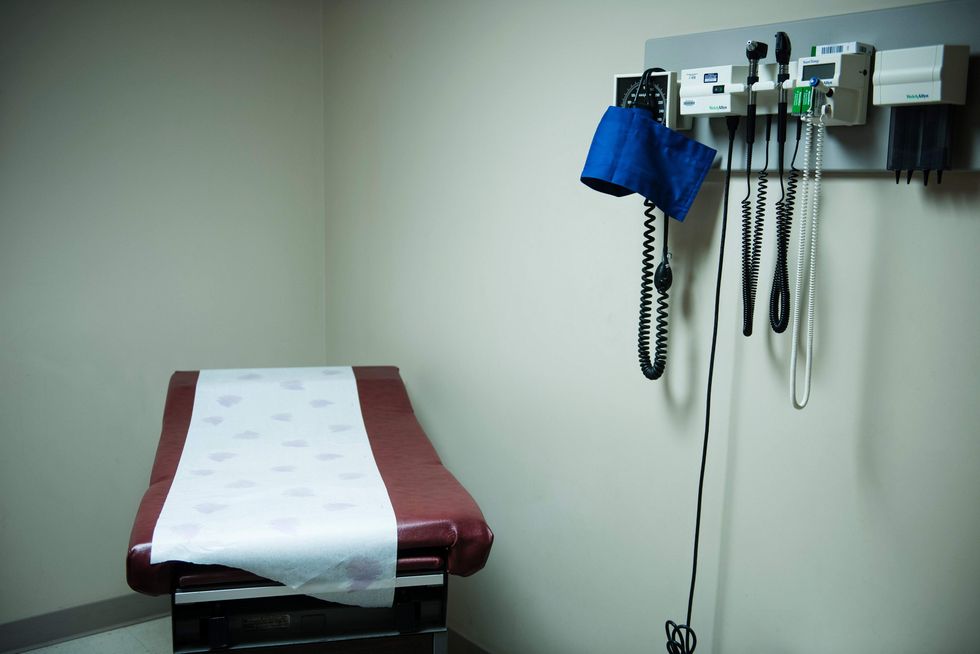The GOP's battle with the Obamacare repeal act has been an up and down struggle between not just Democrats, but itself.
However, many doctors have taken to operating outside of the bounds of control from both the government, and insurance companies. It's called "direct primary care," and it allows doctors to establish clinics that run solely on the loyalty of their patients.
The way these clinics work is that a doctor - or group of doctors - will create a clinic that focuses on primary care, and charges its customers a monthly fee that covers all of the basic medical necessities. This allows doctors to charge far less for not just tests and checkups, but medications as well. The best part? No insurance is required. A $50 monthly fee is all it takes.
This is good for those who do not want to pay the exorbitant amounts for co-pays or insurance. Many, especially those without greater medical needs, may turn to direct primary care as a more cost-effective way to deal with basic care such as blood work, check-ups, or prescriptions, without the red tape involved with insurance plans.
According to Business Insider, doctors are saying that getting these clinics started isn't cheap, and they're not making as much as they normally would in regular hospitals, however the effect of having a more direct relationship with their patients - and their wallet - gives the doctors more time to focus on them.
Going into direct primary care often means ditching the reliability of a salary. Because the practice relies on membership fees, the more patients who sign on, the more money that can be made. Practices cap their number of patients at anywhere from 300 to 1,000.
And it's not exactly cheap to get started. Dr. Vance Lassey, who runs Holton Direct Care in Holton, Kansas, took out a loan to start his practice and spent time renovating a 750-square-foot space he rented from a friend at an industrial park. He picked up a lot of old equipment from a nearby nonprofit hospital and surplus stores. For his in-house pharmacy, Lassey took mismatched cabinets and refinished them so they matched.
Keeping his costs low helped Lassey break even within four months of opening his practice. Still, he's not earning as much as he used to when he worked at a hospital and had only five to 10 minutes with a patient — a lot less time than he gets to spend with his patients now.
"I am making a profit, I have more free time, and I can practice properly," he said. "It's worth it to me."
As the practice gains steam, politicians have been looking into it. As it stands, the consensus seems to be getting positive reactions on all sides of the aisle.
Libertarians see direct primary care as a free-market solution to healthcare, and legislation at the state level has gained support from Democrats and Republicans alike. And direct primary care is on the radar of Department of Health and Human Services Secretary Tom Price, who while he was a member of Congress introduced a plan that would allow HSA funds to pay for direct primary care.
It should be noted that this kind of practice should be confused with actual insurance. Any major accidents or medical needs that would be outside the ability of the clinic would still require the attention of a regular hospital with the use of your insurance plan. However, these clinics allow those with insurance to get around large copays.
As it stands, the practice of direct primary care is still evolving in both the clinics, and in Washington, but in the muck and mire of healthcare politics, the free market is managing to find a way to break new ground in the field with these doctors who are willing to take a chance with this capitalist approach.



